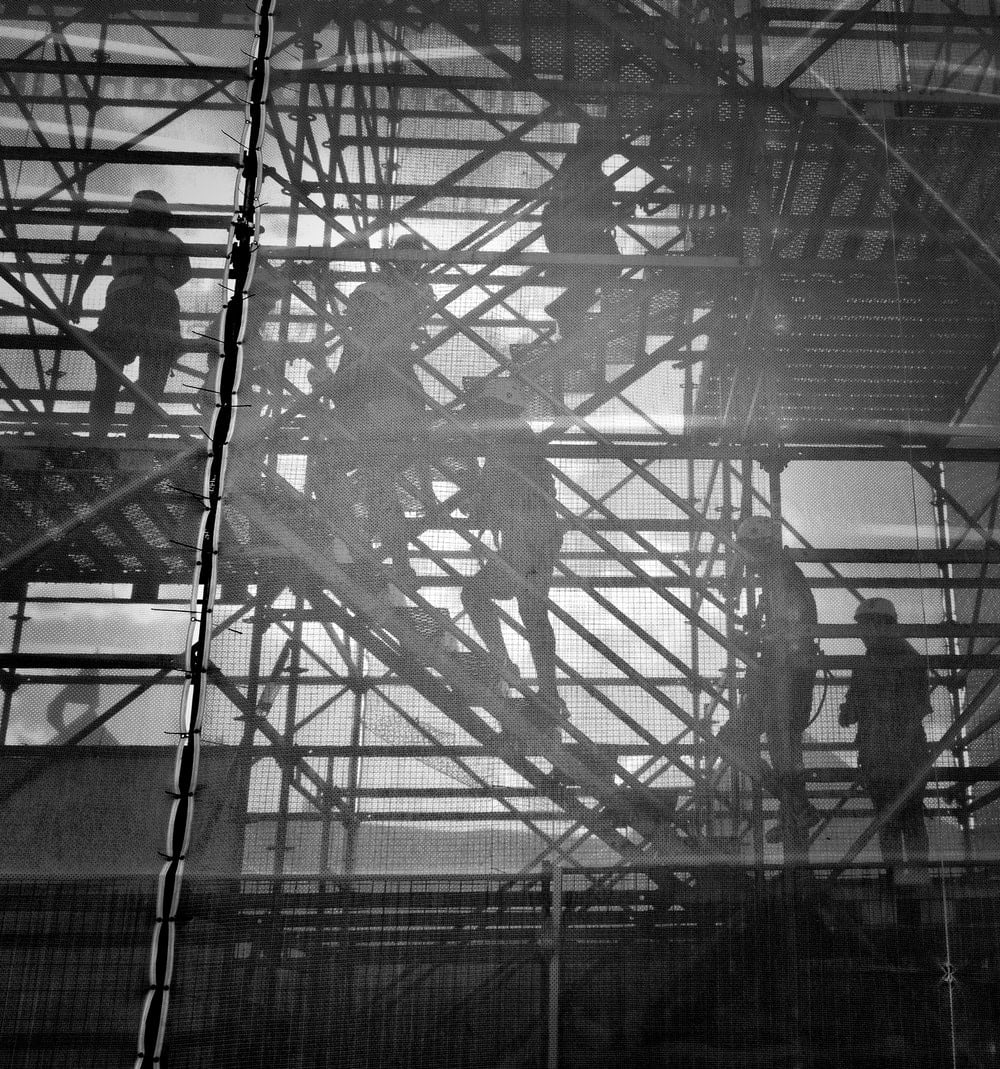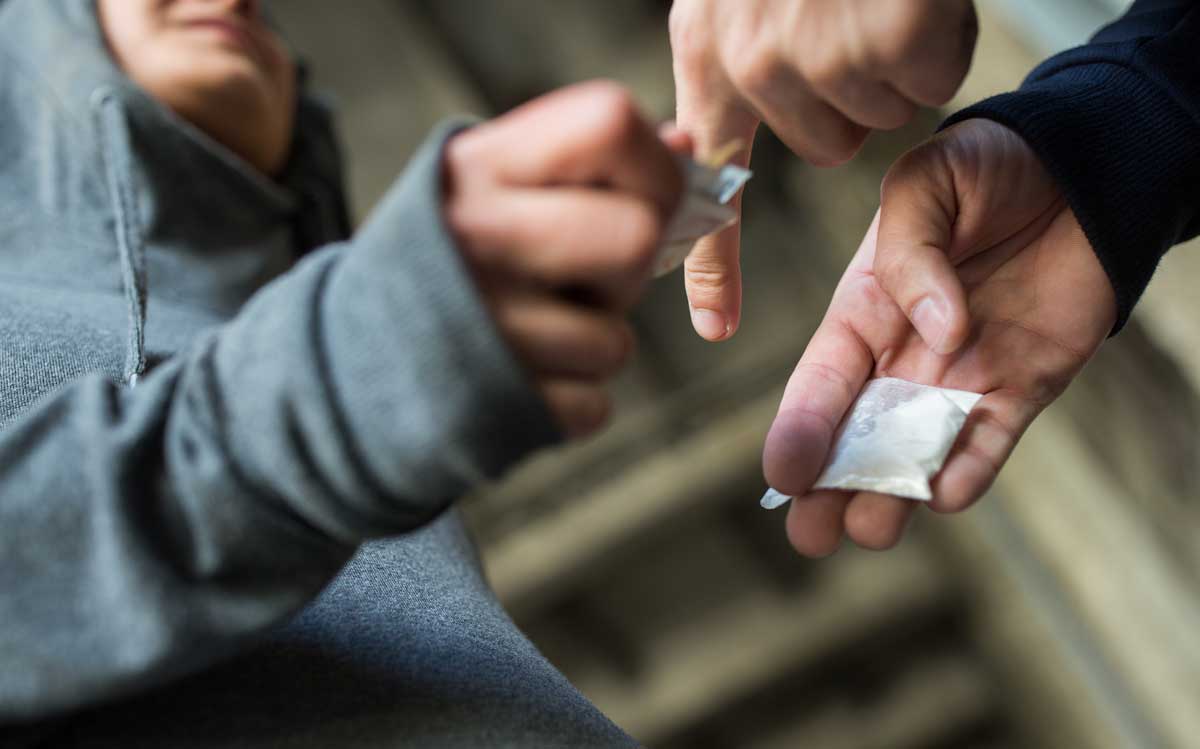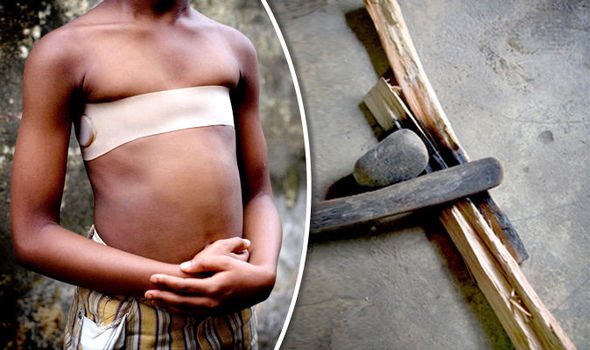Modern slavery is in plain sight in the UK, but we often don’t realise it is there. We take a look at some of the areas that may indicate someone is a victim – accommodation, working conditions, appearance and behaviours.
Accommodation
- victims may live in multiple occupancy accommodation with in groups who may not necessarily speak the same language, and with persons they do not know or have a clear relationship with.
- accommodation may be poor, degrading or substandard and may be the same place where they work.
- sleeping quarters may be shared or in inappropriate places – sheds, outbuildings, squats etc.
- victims may not be able to provide or know their home or work address.
- neighbours might notice that the occupants leave the accommodation infrequently, if at all.
- inhabitants may have limited or no social interaction either in the workplace or at their accommodation and appear to be in fear of a more dominant person within the group.
- for sexual exploitation, you might expect to see numerous male visitors to an address, arriving or leaving at strange hours, staying for short periods of time. Eagle eyed neighbours may notice different women at the venue in a small timeframe.
Working Conditions
- victims might be found at a type of location associated with exploitation – brothels, factories, car washes, nail bars, construction sites.
- they may be forced to work excessively long hours, under demeaning conditions with no days off.
- be in high risk jobs and face hazardous working conditions, may not be dressed adequately or have the correct safety equipment or protective clothing.
- be living ‘on site’.
- no contract will exist between the victim and the ‘employer’, the former will almost certainly not be paying the full tax or national insurance contributions for the worker.
- victims may receive little or no payment. Many will believe they have no choice but to work without pay to pay off their bonded debt, which may include the provision of accommodation.
- victims may talk of fines as a punishment, unwarranted and unexplained deductions from wages or charges for services they didn’t want or need.
- they may be unable to leave their work environment.
- victims will lack any basic training or professional qualifications.
- victims will have no information about the law and UK employment rights.
- you might find that victims have bank accounts, credit/debit cards, loans and credit agreements that they are completely unaware of or no control over. Victims may talk of having signed documentation that they never saw again.
- benefits might be claimed by the victim but collected/taken by the abuser.
- wages might be paid into an account used by other people.
Behaviour
- victims may be unfamiliar with the local language and allow others to speak for them when addressed directly.
- may be unclear about the location of their passports or other travel or identity documents.
- be subservient and act as if they are under the control or instruction of another.
- show fear, anxiety and distrustful of the authorities, having been misled and lied to about the role of the authorities.
- avoid eye contact, are evasive and give conflicting stories about their immigration status.
- may have been forced into or be involved in criminality.
- those being sexually exploited may dress inappropriately for their age and wear excessive makeup.
Appearance & History
- appear to have injuries consistent with having been assaulted including old or untreated injuries they cannot explain.
- appear unkempt, malnourished, dress routinely in the same clothes and have poor hygiene.
- show signs of self-harm, alcohol or drug misuse.
- have a pattern of street homelessness or be caught stealing food.
- have false identity documentation.
- have no phone, few personal effects or items of luggage.
- come from a place known to be a source of modern slavery.
- provide accounts or a ‘legend’ that lack credibility which perpetrators have forced them to learn when approached by authorities.
- provide a history that contains unexplained gaps.
Who might see these signs or provide vital information?
- Neighbours
- Tradesman – Electricians, plumbers etc.
- Housing Officers, Landlords, Estate Agents and Town Planning Officers.
- Postal Workers.
- Cleaners, Security Staff and maintenance staff.
- Transport Hubs – Rail, bus and taxi firm staff.
- Support Groups and Charity Shop staff.
- Drug & alcohol service providers.
- Food bank providers
- Department of Work & Pension staff.
- Recruitment agencies.
- Retail outlets specialising in providing goods to jobs associated with forced labour e.g. construction.
- NHS staff – Ambulance Service, Hospital Staff, Walk-in clinics and GP’s.
- Fire service.
- Environmental Health Officers and Food Standards Agency staff.
- Trading Standards Officers.
- Local Authority Health & Safety Officers.
Victims & First Contact
Professionals should always maintain a victim-based approach when dealing with potential victims. Assess whether there are any physical or mental health issues. Are they malnourished? Do they need medical assistance? Is the victim suffering from post- traumatic stress disorder and require counselling? Have they been exposed to hazardous materials, subject to insect infestation?
Where possible victims should be taken to a place of safety where they may feel more comfortable and more willing to talk freely. Victims should be separated from other victims and it is essential that steps are taken to prevent further contact between the perpetrator and the victim. If there are multiple victims, separate them to allow them to give their own accounts. Be aware of any verbal or non-verbal communication between potential victims and suspects. Be mindful of your own actions, what you say, how you say it, your tone and your own body language. Explain throughout what is happening and what is going to come next, even if the victim at that stage has been detained or arrested. Be non-judgmental, attempt to build a rapport and their confidence. Explain fully the National Referral Mechanism and seek consent (from adults). Victims will have different needs. Do your research.
- What type of person are you dealing with?
- What are their cultural or religious beliefs?
- Is communication or language an obstacle?
- How will you manage this?
When using, an interpreter ensure that they are certified and from the national register. Don’t use unofficial interpreters, friends, associates or persons claiming to be relatives as there may be many reasons that they won’t interpreter the victim’s correct words – family honour, embarrassment etc. Ensure your interpreter is suitable, e.g. they may have strong opposing religious views to that of the victim; or be judgmental around those that have been sexually exploited. Brief the interpreter as to what you expect, the length of time the case may take and establish whether they can stay with the victim for the ‘long haul’. Don’t change interpreters or professionals unless requested to do so by the victim.
Victims may initially appear to be unwilling to co-operate. There may be several reasons for this. They may feel isolated and have a distrust of the authorities, fear reprisals against them or their families, may feel dependent on their controllers; or be ashamed that they allowed themselves to be abused. Whether you are a police officer or in social care, be mindful that any information you obtain may be disclosable in any criminal prosecution.
Enhance your knowledge of Modern Slavery by asking yourself some basic questions:
- Where is modern slavery likely to occur in your area? Examples may include transport hubs, main arterial roads (major service stations), specific neighbourhood’s and communities, hostels, car washes, farms, agriculture sites, restaurants, takeaways, sex trade districts.
- Where are the most vulnerable people likely to congregate, or be recruited?
- Where might they be targeted for exploitation?
- What type of exploitation is likely in your area and where might it take place?
- Where might victims be being accommodated?
- Where and what businesses might victims be forced to work in?
Use the resources available. The MoJ has produced foreign language leaflets to provide advice and support to those affected by human trafficking. The Governments Publications website modern slavery section has factsheets entitled ‘resources for industry’. Several other websites specialising in slavery have useful resources (see ‘Support’ below).
National Referral Mechanism (NRM) – Are you the first responder? Given the strong link between Human Trafficking and Modern Slavery, there is a high probability that the victim has been trafficked. If you suspect this then you should be completing a referral to the NRM. We have seen many examples where first responders and subsequent agencies fail to make a referral or don’t recognise that a referral might be appropriate e.g. some children involved in County Lines or CSE. As a professional it is good practice to establish whether a NRM already exists and where it doesn’t, to ensure that a referral is submitted to the UK Human Trafficking Centre (UKHTC) as soon as possible.
The Home Office Modern Slavery Strategy is the UK’s response to reduce significantly the prevalence of modern slavery in the UK, as well as to enhance the international response. The HO have outlined this response under the ‘4 P’s’ - Pursue - Prevent - Protect – Prepare. For more information and the full strategy can be found at the Government Publications website under Modern Slavery.
The Modern Slavery Act 2015 combines existing offences of human trafficking and slavery and encompasses trafficking for all forms of exploitation. It came into force on 31st July 2015, simplifying existing offences into one act. It includes:
- specific offences of holding a person in slavery or servitude, requiring them to perform forced or compulsory labour; arranging or facilitating the travel of another person with a view to exploitation
- increased maximum sentences for some offences to life imprisonment
- introduced Slavery and Trafficking Prevention Orders (STPOs) & Risk Orders (STROs) - civil orders placing certain restrictions on those convicted of offences (STPO) or those believed to be involved in (STRO) trafficking/slavery
- created a statutory defence for victims so they are not treated as criminals by the justice system;
- created a statutory duty for specified public bodies (e.g. police, local authorities, UKVI) to notify through the NRM
- created an Independent Anti-Slavery Commissioner, to work alongside the existing Victim and Children Commissioners
For offences of Slavery, Servitude, Forced and Compulsory Labour, or trafficking for sexual exploitation which occurred before 31 July 2015, various other legislation exists to deal with slavery and trafficking including the Coroners and Justice Act 2009, Sexual Offences Act 2003 and the Asylum and Immigration Act 2004.
If giving evidence at court Modern Slavery victims are entitled to Special Measures. With the leave of the court they may provide evidence via video link if they have returned to their home country and they the support of Intermediaries. A court can also impose reporting restrictions and the CPS can ask for the victims to remain anonymous in certain cases. Victims should be interviewed under the Achieving Best Evidence (ABE) rules.
Modern Slavery trials can only be heard by High Court and Circuit Judges (or their deputies) to ensure that only judges with the relevant experience are involved. Victims of Modern Slavery may be able to claim Legal Aid for advice, representation in relation to immigration and employment law.
Government Modern Slavery Resource Page - resource documents and promotional material related to the governments work to end modern slavery.
Anti-Slavery.org - promotes the eradication of slavery and gives an excellent oversight of slavery worldwide.
ECPAT UK - a charity devoted to protecting children who work around child slavery and trafficking.
unseen – a charity whose aims are to work towards a world without slavery.
Gangmasters Licensing Authority - a non-departmental public body who operate a licensing scheme in the areas of agriculture, horticulture and shellfish gathering, and work with the National Crime Agency, police and local authorities to target and disrupt the exploitation of workers.
To report intelligence or your suspicions about the mistreatment of workers, labour providers operating without a licence or a business using an unlicensed gangmaster contact: Tel: 0800 432 0804 or email: [email protected]
Modern Slavery Human Trafficking Unit (MSHTU) – part of the Organised Crime Command in the National Crime Agency, working to combat modern slavery. Tel: 0844 778 2406 (24-hour advice and support)
AFRUCA - Africans Unite Against Child Abuse – 0844 660 8607
STOP THE TRAFFIK – 020 7921 4258
NSPCC – CTAC (Child Trafficking Advice Centre) – 0808 800 5000
Human Trafficking Foundation – 020 3773 2040

Get Involved!
Share Your own Safeguarding News and Research to reach a wider Audience
From Our Blog
Gang Involvement – Spotting the signs
We identify some indicators that point to a child’s involvement in gangs and also take a look at those young people that are more likely to be at risk of being drawn into gang culture.
County Lines – how gangs recruit children
In this article we look at how young people are recruited to deal drugs, the types of children who are vulnerable and the dangers they face once involved.
Domestic Abuse in the UK: The Legislation, Definition, Changes, and Impact
Domestic abuse is a deeply rooted issue that affects individuals and communities across the United ...
Autism – The dangers of wandering related fatalities
We look at the safeguarding implications when a person with Autism goes wandering or missing, the challenges faced by the police and what can be done to reduce the risk
Related Posts
The Safeguarding Hub
Share Your Safeguarding News And Research To Reach A Wider Audience









